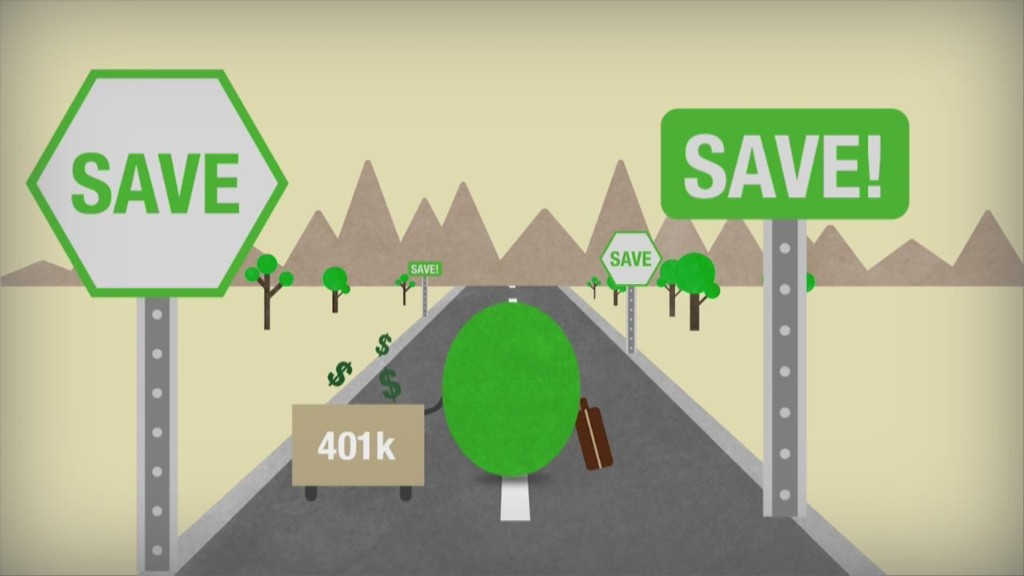
Choosing to retire is one of the biggest financial decisions you'll ever make. Giving up your salary means having to live from other sources of income, and if you haven't planned extensively, then you might not even be aware of the resources at your disposal, let alone how much money they might provide toward your support.
By considering the following questions, you'll be in a much better situation to decide whether now's the right time to take your gold watch and end your career.
How will you take care of your healthcare needs?
One of the most important issues that would-be retirees need to address is how they intend to cover their healthcare expenses. If you've had health insurance coverage at work, then quitting your job means giving up that coverage.
Those who wait until age 65 can generally qualify for Medicare, which goes a long way toward covering healthcare expenses for retirees. If you're thinking about retiring earlier, then you'll need to know how to bridge the time gap before Medicare kicks in.
If you're married and your spouse is still working, then you might be eligible for coverage under your spouse's group health plan. Continuation coverage under COBRA can also be an option to cover short periods of 18 months or less, but you'll have to pay the full monthly cost of insurance yourself -- not just the employee portion that you used to pay when you were still working. That can be shockingly expensive if you're not prepared for it.
Other alternatives include marketplace coverage under the Affordable Care Act, but with healthcare legislation in limbo, it's dangerous to assume that such coverage will be there for you as long as you need it.
How much of your income will you be able to replace?
Losing your paycheck means having to figure out how you'll be able to afford your living expenses. Some of your costs will fall when you stop working, but you might also want to do more things with all of your newfound spare time. Many retirees find that the pastimes they take up in retirement are just as expensive as the work-related expenses they use to have to pay when they had a job.
To figure out how much income you'll have, you'll want to look closely at two things. First, Social Security will likely kick in at some point to provide you with stable monthly income that tracks inflation each year, and you can estimate what your benefit will be.
Second, using a simple guideline like the 4% rule to determine how much you can safely withdraw each year from your retirement nest egg will provide another basis for financial support.
Add those two things up and compare it to your after-tax pay. If they're roughly comparable, then you're likely in good shape. If there's a big shortfall, then you'll have to figure out how to economize -- or wait on retiring a bit longer.
What will you do with your time?
Before you retire, you need to understand exactly what you expect from retirement. Many people look forward to retiring for years, only to find that when they leave work, they're also leaving behind their closest social network.
If you're retiring just for retirement's sake without any concrete plans about what you want to do with your time, then you're opening the door to potential unhappiness.
Many workers have started looking into the idea of phasing into retirement by staying on in a part-time or advisory role at their place of work. That's especially useful if you're in a financial position where having some extra income is helpful, and it also makes sure that you don't lose touch with the people you spent time with during your career.
Regardless of whether you go that route, be sure to plan how you'll maintain your social relationships so that you can avoid feeling isolated and lonely.
How should you invest after you retire?
Finally, would-be retirees need to know how they'll need to handle their investment portfolios once they quit work. If you've followed a gradual path toward more conservative investing as you age, then you probably won't have to make major changes on the day you retire.
However, if you've been an aggressive risk-taker with your investments when you had a paycheck coming in, retirement is a good time to think about making your portfolio last.
You won't want to give up on stocks entirely even after you retire. With many retirements lasting 30 years or more, you'll need the growth that stocks can provide. Yet by focusing on dividend-paying stocks and companies that are in more stable and mature businesses, you can reduce the risk of your stock portfolio while still having growth potential to make your money last longer.
Related links:
• Motley Fool Issues Rare Triple-Buy Alert
• This Stock Could Be Like Buying Amazon in 1997
• 7 of 8 People Are Clueless About This Trillion-Dollar Market
Retirement is a huge decision, and you have to get it right. Keep these things in mind, and you'll be a lot more likely to have the retirement you've always dreamed about.

